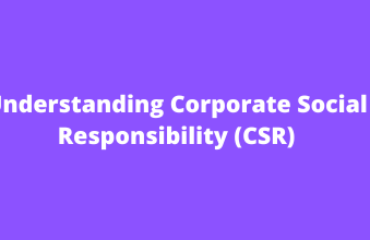In the landscape of philanthropy and social impact endeavours in the United Kingdom, navigating the intricacies of legal structures is paramount for establishing and operating charitable initiatives effectively. From Community Interest Companies (CICs) to Charitable Incorporated Organisations (CIOs), each legal framework offers unique benefits and considerations tailored to the organisation’s mission and objectives.
The Charitable Landscape:
Charities are established to advance a wide array of causes, including relieving poverty, advancing education, promoting health, and protecting the environment. They play a vital role in addressing societal challenges and driving positive change.
Community Interest Companies (CICs):
Community Interest Companies (CICs) are a distinctive legal structure designed for social enterprises and community-focused businesses. CICs operate as limited companies with the primary goal of benefiting the community or pursuing social objectives. Unlike traditional companies, CICs must reinvest their profits back into the community or toward their social mission. This unique feature ensures that the organisation’s financial success directly contributes to its social impact.
Charitable Incorporated Organisations (CIOs):
Charitable Incorporated Organisations (CIOs) offer charities a streamlined and efficient legal structure. CIOs provide the benefits of incorporation, such as limited liability, without the complexities associated with other corporate forms. Governed by the Charity Commission for England and Wales, CIOs have a clear framework for fulfilling their charitable objectives while enjoying certain tax benefits, including exemption from most taxes on income and gains.
Distinguishing Factors:
While both CICs and CIOs are established for charitable purposes, they differ in key aspects. CICs are ideal for social enterprises engaging in trading activities, with profits dedicated to community benefit. On the other hand, CIOs are tailored specifically for charities seeking simplified governance and limited liability, ensuring that resources are directed toward fulfilling their charitable mission.
Legal Compliance and Reporting:
Regardless of the chosen legal structure, philanthropic organisations in the UK must adhere to legal regulations and reporting requirements. From registering with the appropriate regulatory bodies to fulfilling tax obligations, compliance is essential for maintaining transparency and accountability. Robust governance practices and financial management are fundamental to building trust and credibility within the charitable sector.
Choosing the Right Path:
Selecting the most suitable legal structure is a critical decision for philanthropic endeavours. Factors such as the organisation’s mission, scope of activities, and long-term goals should inform the choice between a CIC, CIO, or alternative legal form. Seeking professional advice and conducting thorough research can help organisations navigate the complexities of legal frameworks and establish a solid foundation for impactful philanthropy.




